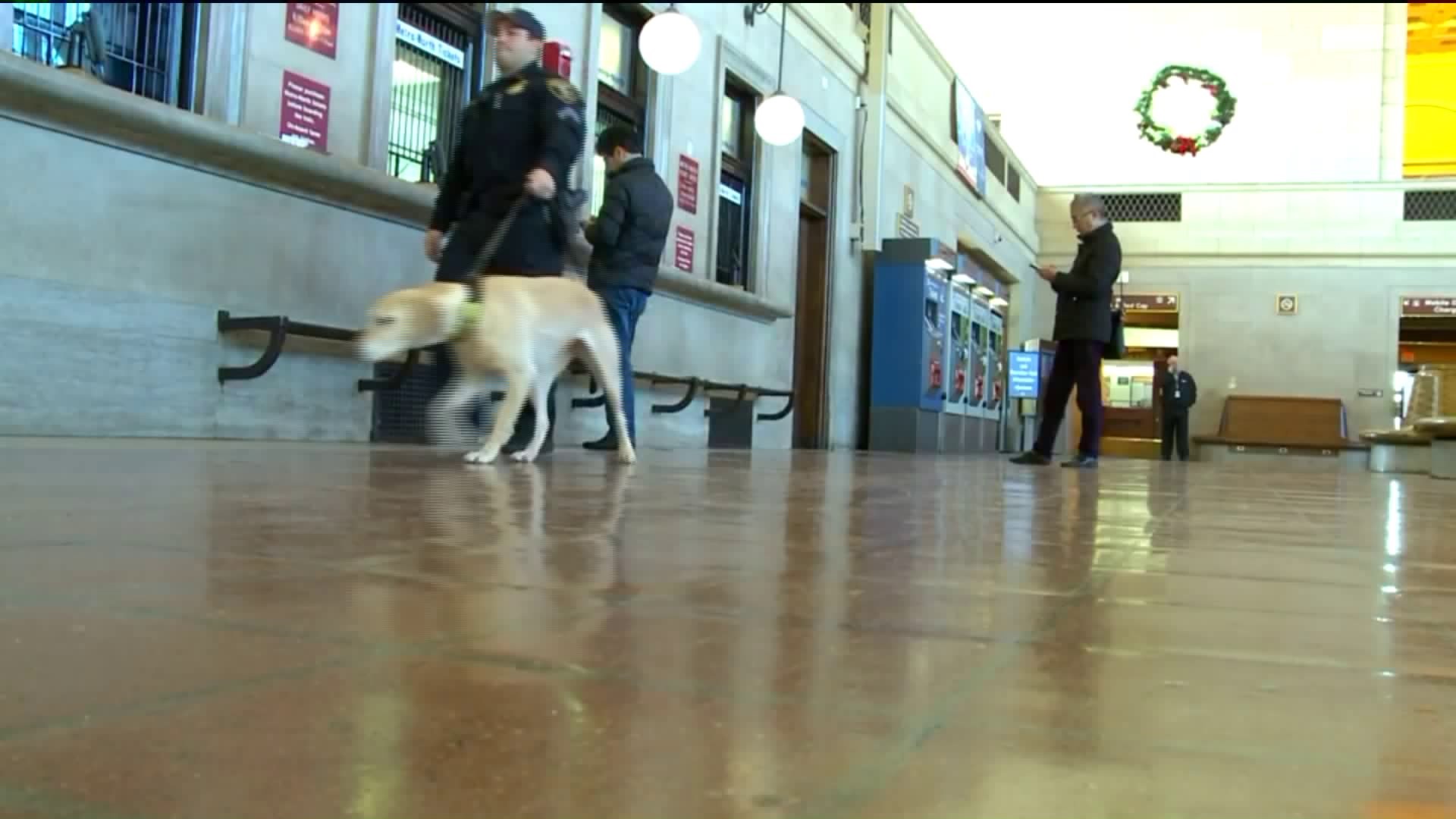NEW HAVEN -- Tens of thousands of Connecticut commuters use mass transit to head in and out of New York City every week. And now, security is at the forefront once again.
Monday morning's attempted suicide bombing, in a tunnel connecting New York's Port Authority Terminal and the 42nd Street subway station, did not achieve its desired result, an indication of inexperience, says a local national security expert.
"It was a partial detonation of the main charge and it was an unsuccessful event for that terrorist," said Jibey Asthappan, Ph.D., an associate professor of National Security at the University of New Haven.
The alleged suicide bomber is from Bangladesh, where there have been numerous Isis inspired attacks of late.
"Of course, they’ve had several calls for attacks in the west in the recent months," said Vesna Markovic, Ph.D., an assistant professor of Criminal Justice and National Security and an Assistant Dean in the Henry C. Lee College of Criminal Justice and Forensic Sciences at the University of New Haven.
Suicide bombs, she said, have been a prominent method of terrorism since the early 1980s.
"Sometimes they feel that that’s the only way to fight against an enemy, who is stronger," said Markovic. "So, they sacrificed themselves to carry out an attack."
Because the man arrested for this bombing is Muslim, the leader of a local mosque reasserted that true Islam rejects violence.
"The violence against your nation is against the US Constitution and against the teachings of the holy Qur'an," said Salman Tariq, Iman for Baitul Aman Mosque in Meriden.
With airports largely secure, some travelers also expect train and subway stations and bus terminals to be hardened.
"They have to weigh also security versus freedom and not become a police state where you have guards at every location," said Markovic, who adds that public needs to keep their eyes and ears peeled at these other transportation centers.
She added that the U.S. does not see as many suicides as other countries because because it's much easier to get and use guns and vehicles for acts of terror than to secure material for explosives.

